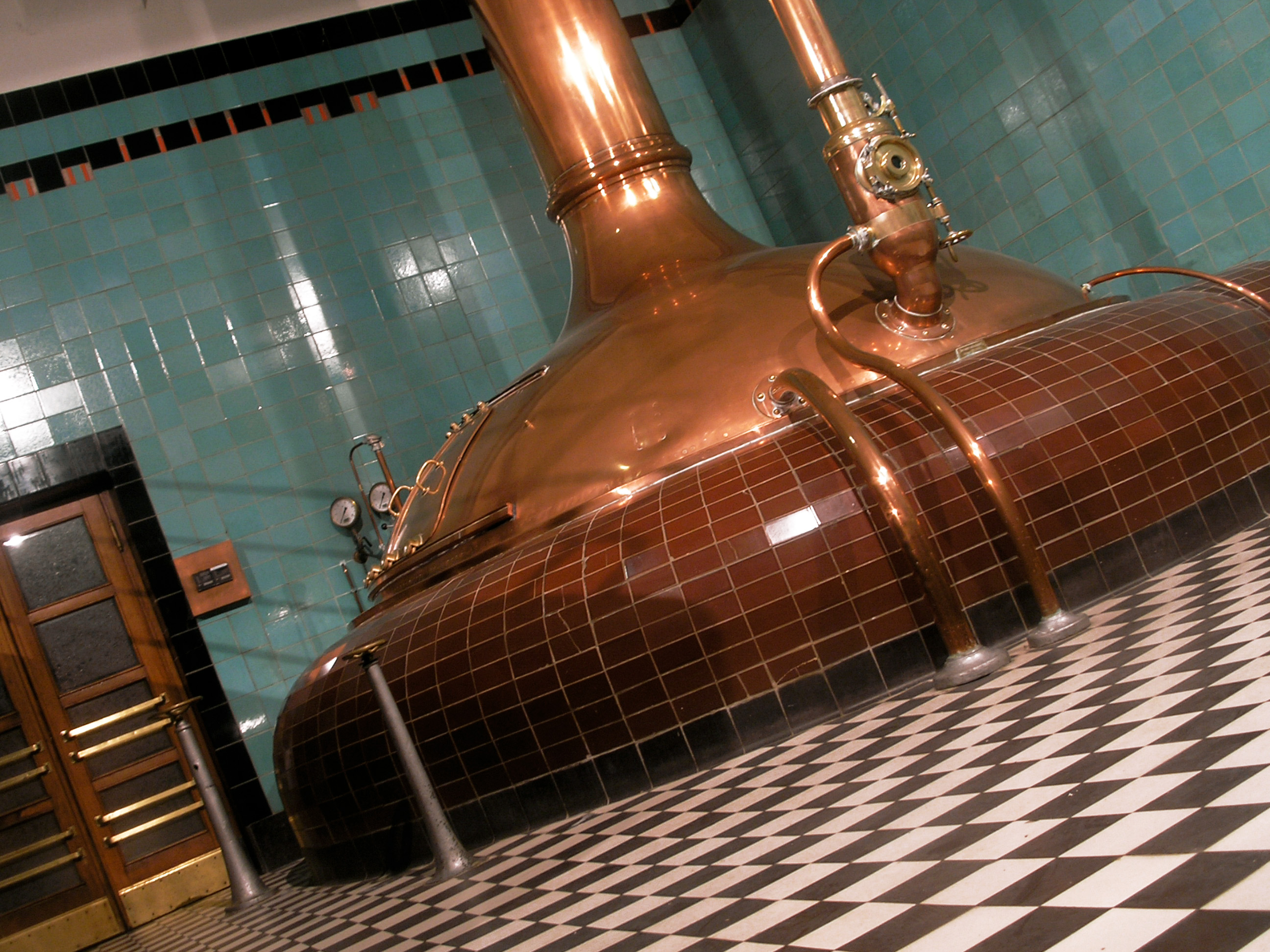
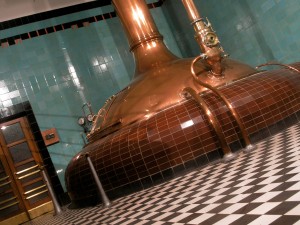 (NACS) WASHINGTON – Lawmakers in Washington continue to push legislation that could help the craft beer industry compete with the larger brewers, reports the Post-Gazette.
(NACS) WASHINGTON – Lawmakers in Washington continue to push legislation that could help the craft beer industry compete with the larger brewers, reports the Post-Gazette.
The Small Brewer Reinvestment and Expanding Workforce (BREW) Act, introduced by U.S. Rep. Jim Gerlach (R-PA) in the House and by U.S. Sen. Ben Cardin (D-MD) and Susan Collins (R-ME) in the Senate, would reduce the federal excise tax on each barrel of beer produced by small craft brewers.
Under current law, brewers generally pay an $18 excise tax on each barrel brewed. Small brewers, which brew fewer than 2 million barrels of beer a year, pay a reduced excise tax of $7 per barrel for the first 60,000 barrels of beer they brew each year. The Small BREW Act would reduce the excise tax applicable to brewers producing up to 6 million barrels per year to just $3.50 on the first 60,000 barrels and $16 on additional barrels below 2 million per year.
This means that craft brewers such as D.G. Yuengling & Son in Pennsylvania and Boston Beer Co. in Massachusetts, which both produce about 2 million barrels a year, pay about the same tax rate as the large brewers, notes the news source.
“They’re paying the same rate as Anheuser-Busch and MillerCoors. We don’t think that’s right,” said Bob Pease, CEO of the Brewers Association.
The small brewer threshold and tax rate were established in 1976. Raising the ceiling that defines small breweries from 2 million barrels to 6 million barrels would “more accurately” reflect the intent of the original differentiation between large and small brewers in the United States, according to a press release issued by Cardin.
In Pennsylvania, the number of breweries has doubled in the last decade, according to a report of the state Legislature’s Joint Legislative Budget and Finance Committee. Sean Casey, Church Brew Works founder and president, told the news source that local brewers in the state could save thousands of dollars a year if the law were updated.
“For boutique brewers like us, that’s $7,000 a year you could plow back into your operation, maybe buy 60 new kegs,” he said. “Many of us started bootstrap and not super-well capitalized, so $7,000 is a lot.”
The Beer Institute, which represents large brewers, opposes the Small BREW Act. The group instead supports the Brewers Excise and Economic Relief Act of 2013 (BEER Act), which would reduce the federal excise tax on beer for all brewers and beer importers.
Under the BEER Act, small brewers would pay no federal excise tax on the first 15,000 barrels; would pay $3.50 on barrels 15,001 to 60,000; would pay $9 per barrel for every barrel over 60,000 and up to 2 million barrels; and for brewers producing more than 2 million barrels annually, and for all beer importers regardless of size, the federal excise tax rate would be $9 per barrel for every barrel.
Gerlach, meanwhile, told the news source that large brewers have certain advantages in the marketplace over the smaller craft brewers.
“The larger brewers have 94% of the beer market. They’re doing very well. They have access to capital if they want to grow their facilities,” he said. “The small craft brewers have a more difficult time getting established and have a more difficult time getting credit and capital at local lending institutions, so this is meant to give them more money to invest back into their operations.”
Gerlach, who sits on the House Ways and Means Committee, added that the legislation is unlikely to get a vote as a stand-alone measure, but could be incorporated into a larger tax bill.

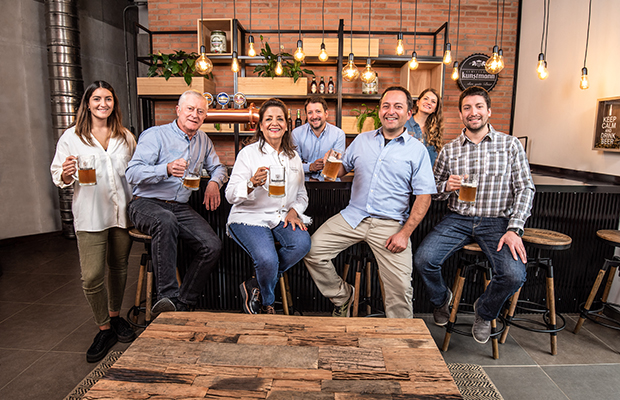
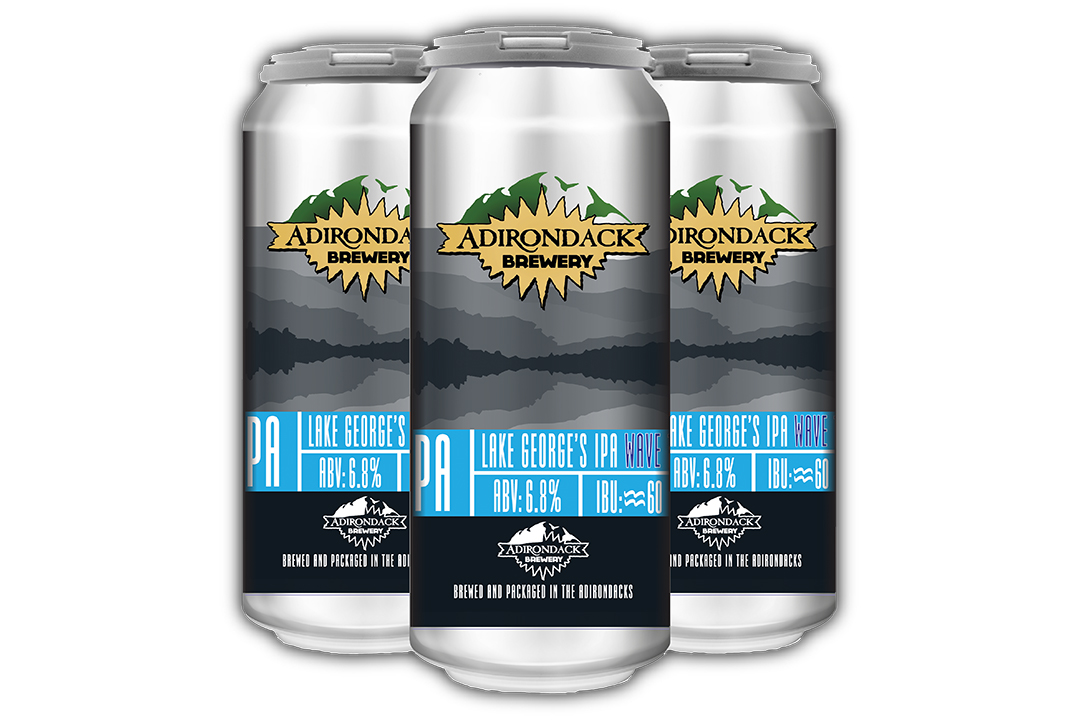
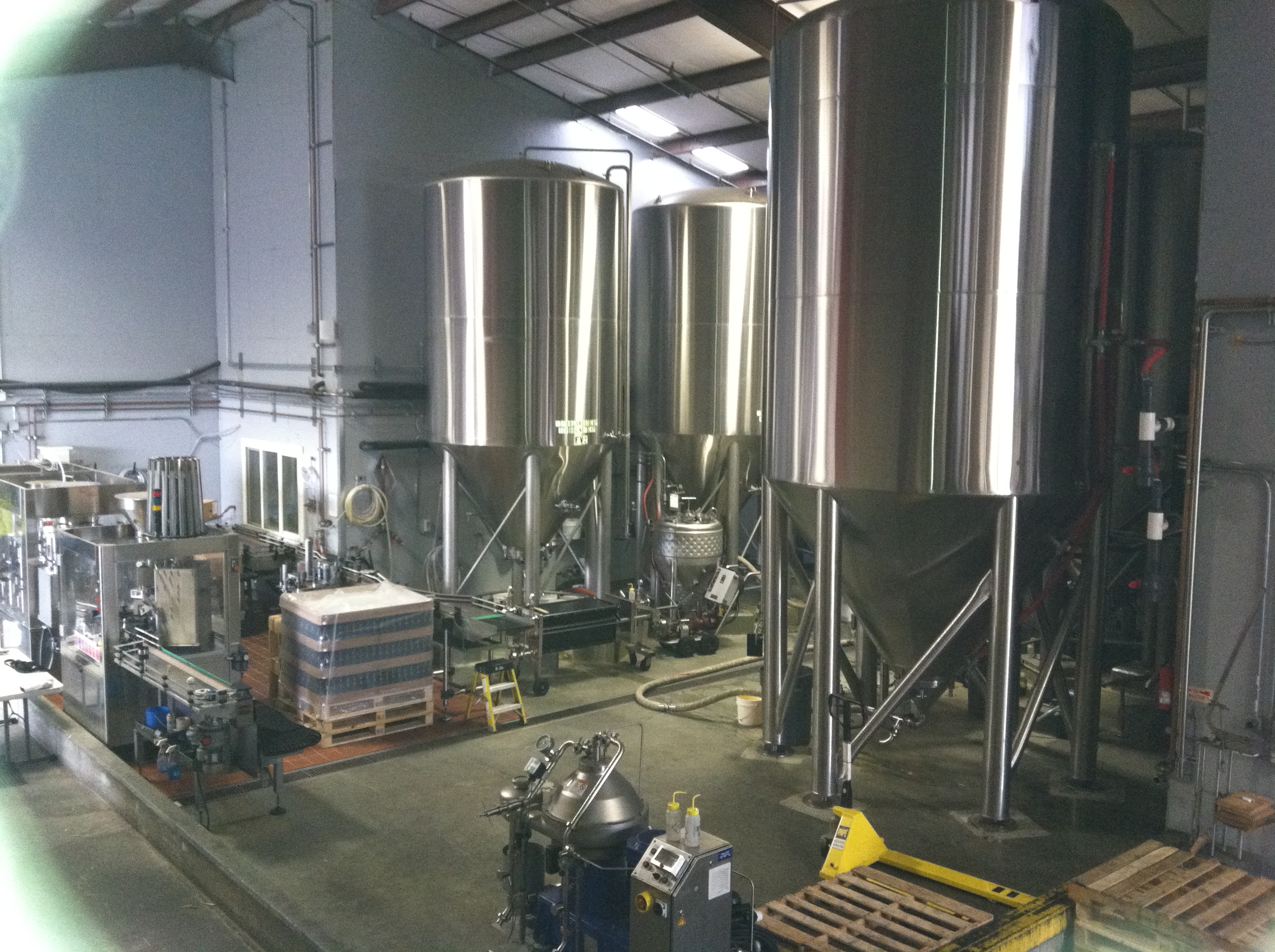
Be the first to comment